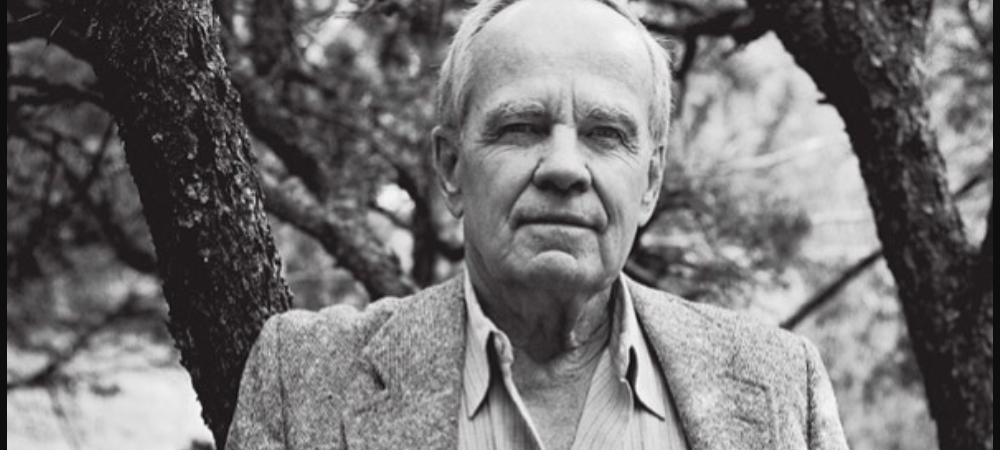A global pandemic claiming millions of lives. An invasion of the largest European nation besides the one invading it resulting in the deaths of hundreds and hundreds of civilians including children. The countless “micro” and mundane atrocities we ourselves experience and witness in our daily lives.
Login to read more
Sign in or create a free account to access Subscriber-only content.
Topics:
